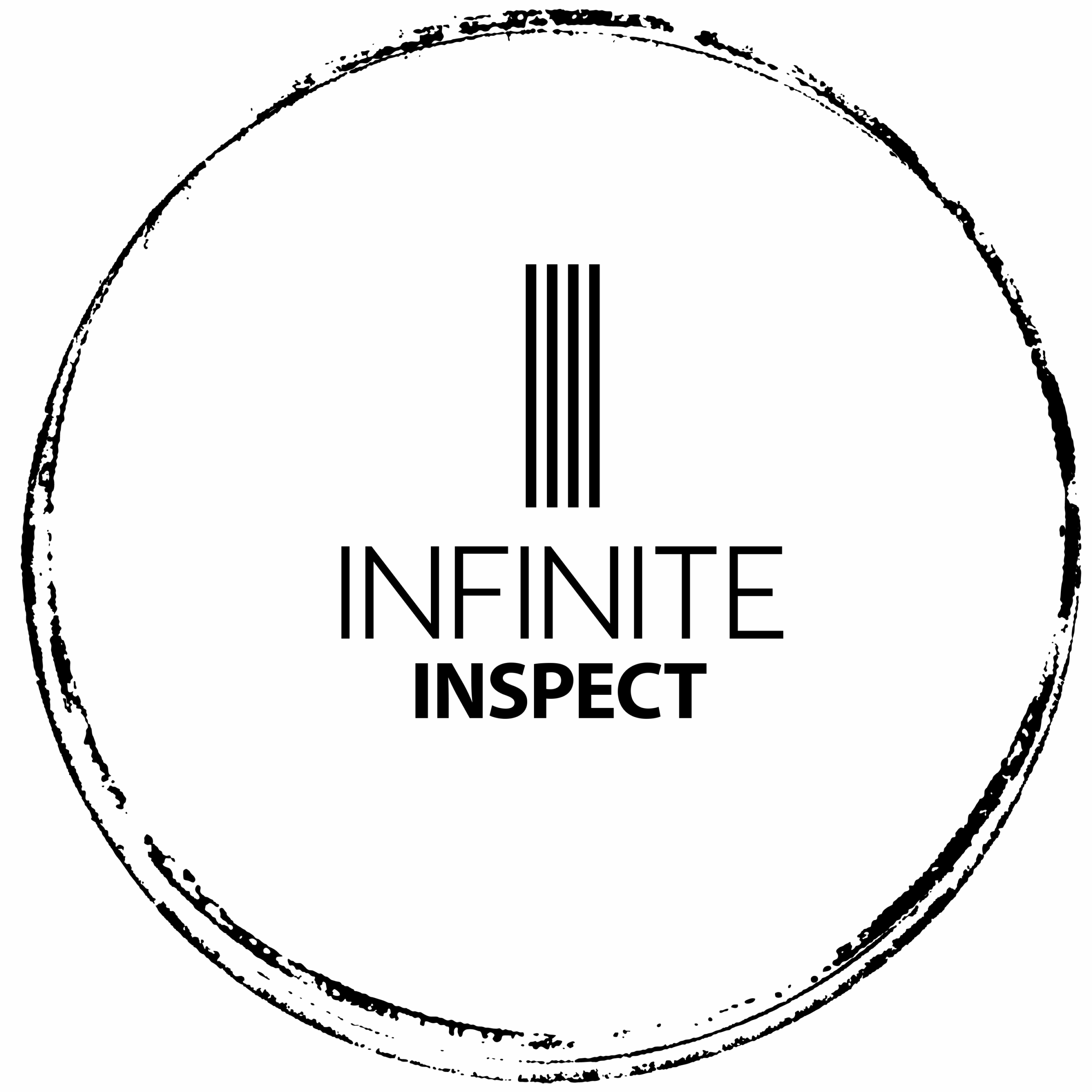Things that fail a
home inspection
refers to various issues or deficiencies found during a thorough examination of a residential property conducted by a home inspector. These issues are deemed significant enough to warrant attention or repair before the property can be considered in satisfactory condition for purchase.
Home inspections aim to provide potential buyers with a clear understanding of the property’s condition, ensuring they are aware of any major concerns or safety hazards.
Here are fifteen common examples of things that can fail a home inspection:
1. Structural problems
Home inspectors carefully inspect the foundation, walls, ceilings, and roof to identify any visible cracks, uneven settlement, or signs of structural instability. They also look for indications of water damage or poor construction practices that may compromise the property’s structural integrity.
How to Fix Structural problems
When it comes to structural issues, it’s crucial to involve a professional structural engineer as they have the expertise to accurately assess the problem and design appropriate solutions. The engineer will conduct a detailed analysis of the property’s foundation, walls, and roof, using specialized tools and techniques to identify the root cause of the issue. Based on their assessment, they may recommend installing additional support beams, reinforcing the foundation with piers or helical piles, or repairing damaged load-bearing walls. Implementing these structural fixes will ensure the stability and safety of the property in the long term.
2. Electrical issues
Inspectors examine the
electrical system to ensure it is safe and up to code. This includes checking for faulty wiring, inadequate grounding, outdated electrical panels, and potential fire hazards. They may also test outlets and switches to ensure proper functioning.
How to Fix Electrical Issues Safely and Effectively
Electrical problems can be dangerous and should always be handled by a licensed electrician. They will perform a comprehensive evaluation of the electrical system, identifying any faulty wiring, overloaded circuits, or inadequate grounding. Electricians will then make the necessary repairs, which may involve rewiring, replacing circuit breakers, installing new outlets and switches, or upgrading the electrical panel to meet modern safety standards. Ensuring that electrical issues are properly fixed prevents potential fire hazards and ensures the safety of the property’s occupants.
3. Plumbing problems
Home inspectors assess the plumbing system for leaks, water pressure irregularities, and signs of corrosion or deterioration. They check sinks, faucets, toilets, and showers for proper drainage and may also inspect water heaters and sewer lines.
How to Fix Plumbing Failures in Your Home
Plumbing repairs require the expertise of a licensed plumber to accurately diagnose and fix the issues. A plumber will inspect the entire
plumbing system, including supply lines, drain pipes, and fixtures, to identify leaks, water pressure irregularities, and signs of corrosion. They may repair or replace damaged pipes, fittings, or fixtures and address drainage issues. Additionally, plumbers can advise on water-efficient fixtures and implement solutions to improve overall plumbing performance and prevent water wastage.
4. HVAC system
Inspectors inspect the heating and cooling systems to ensure they are functioning properly and efficiently. They may check the furnace, air conditioner, heat pumps, and ductwork for any issues that could affect indoor comfort and air quality.
How to Fix HVAC System and Maintain
HVAC repairs should be handled by qualified technicians experienced in heating and cooling systems. These professionals will inspect the HVAC components, including the furnace, air conditioner, heat pump, and ductwork, to identify any malfunctions or inefficiencies. They will clean or replace filters, repair or replace faulty parts, and ensure proper system calibration for optimal performance and energy efficiency. Regular maintenance of the
HVAC system can extend its lifespan and save on utility costs.
5. Roofing problems
Roof inspections involve looking for leaks, damaged or missing shingles, curling or blistering of roofing materials, and signs of wear and tear. Inspectors may also check the condition of flashings, gutters, and downspouts.
Roofing Issues? Here’s How to Fix Them
Roof repairs vary depending on the type and extent of damage. For minor issues like small leaks or missing shingles, a roofing contractor may apply sealants or replace individual damaged shingles. However, for more significant problems, such as widespread damage or advanced deterioration, a complete roof replacement may be necessary. Professional roofers will assess the condition of the roof and provide the appropriate solution to prevent further water infiltration and protect the property’s interior.
6. Insulation and ventilation
Proper insulation and ventilation are essential for energy efficiency and preventing moisture-related issues. Inspectors evaluate the insulation levels in the attic and walls and check for proper ventilation to avoid issues like mold and condensation.
How to Fix Insulation and Ventilation Problems
Improving insulation involves adding more insulation material or upgrading to higher R-value insulation to enhance energy efficiency and indoor comfort. Professional insulation contractors can determine the best insulation type and install it properly to achieve maximum effectiveness. For ventilation improvements, roofing contractors can install roof or soffit vents, ridge vents, or gable vents to ensure adequate airflow in the attic and crawlspaces, preventing issues like moisture buildup and mold growth.
7. Exterior issues
The inspector examines the exterior of the property for signs of water damage, rot, pest infestations, and deteriorating siding or paint. They may also check the condition of decks, balconies, and fences.
How to Fix Exterior issues
Improving insulation involves adding more insulation material or upgrading to higher R-value insulation to enhance energy efficiency and indoor comfort. Professional insulation contractors can determine the best insulation type and install it properly to achieve maximum effectiveness. For ventilation improvements, roofing contractors can install roof or soffit vents, ridge vents, or gable vents to ensure adequate airflow in the attic and crawlspaces, preventing issues like moisture buildup and mold growth.
8. Interior concerns
Inside the property, inspectors look for signs of water damage, mold, and pest activity. They assess the condition of walls, ceilings, floors, and stairs for any visible defects.
How to Fix Interior concerns
Interior repairs can involve patching water-damaged walls or ceilings, removing and remediating mold, and seeking pest control services to eradicate infestations. Qualified contractors or remediation specialists can handle these tasks to ensure a healthy and safe living environment.
9. Windows and doors
Inspectors verify that windows and doors are in good working order and adequately sealed to prevent drafts and water infiltration. They may check for broken glass, damaged frames, and issues with weather stripping.
How to Fix Windows and doors
To fix windows and doors, homeowners can hire window or door specialists who will repair or replace damaged components, such as broken glass, hardware, or weather-stripping. Proper installation and sealing are essential to prevent drafts and maintain energy efficiency.
10. Safety hazards
Home inspectors pay special attention to safety concerns, such as loose handrails on stairs, trip hazards, exposed wiring, and potential fire hazards. They ensure that the property meets safety standards to protect its occupants.
Here’s How to Fix Safety hazards
Fixing safety hazards should be a priority. For loose handrails or tripping hazards, homeowners can secure handrails properly and eliminate obstacles that may cause accidents. Electrical hazards should be addressed promptly by licensed electricians, who will replace damaged wiring, install safety switches, and ensure compliance with safety codes.
11. Foundation drainage
Proper drainage is crucial for preventing water accumulation around the foundation, which can lead to moisture-related problems and structural issues. Inspectors assess the grading and drainage systems to ensure water flows away from the property.
How to Fix Foundation drainage
A landscaping professional or drainage specialist can help regrade the landscape, install drainage systems, and ensure proper downspout extensions to direct water away from the foundation. These measures will prevent water from seeping into the foundation and causing potential structural issues.
12. Appliances
They evaluate the condition and functionality of major appliances like the stove, oven, dishwasher, and garbage disposal. While they don’t typically perform detailed tests, they may visually inspect for any obvious defects or signs of malfunction.
How to fix
Homeowners can seek appliance repair services from qualified technicians to fix issues with stoves, ovens, dishwashers, and garbage disposals. These technicians can diagnose the problem, replace faulty parts, and ensure the appliances are functioning correctly.
13. Attic and crawlspace inspections
These areas are often overlooked but can be critical for identifying hidden issues such as leaks, pests, insufficient insulation, and ventilation problems that may affect the entire property.
How to Fix Attic and crawlspace inspections
Based on the inspection findings, homeowners can hire contractors experienced in leak detection and pest control to address any identified issues. Proper insulation and ventilation can then be installed to maintain comfortable indoor temperatures and prevent moisture-related problems.
14. Fire safety
Inspectors check for the presence and proper functioning of smoke detectors and carbon monoxide detectors to ensure the property complies with fire safety regulations.
How to Fix Fire Prevention Tips
Homeowners should regularly test smoke detectors and carbon monoxide detectors, replacing batteries as needed. If any units are malfunctioning, they should be promptly replaced to ensure the early detection of potential fires or carbon monoxide leaks.
15. Code compliance
Home inspectors review the property’s features to determine if they meet local building codes and regulations. While they are not code enforcement officers, they can identify potential code violations that may need to be addressed.
How to Fix Safety standards
Homeowners can consult with a building code expert or local authorities to determine the specific code violations and the necessary improvements to bring the property into compliance. Contractors experienced in code-compliant construction can then perform the required fixes, ensuring the property adheres to the current building regulations and safety standards.


